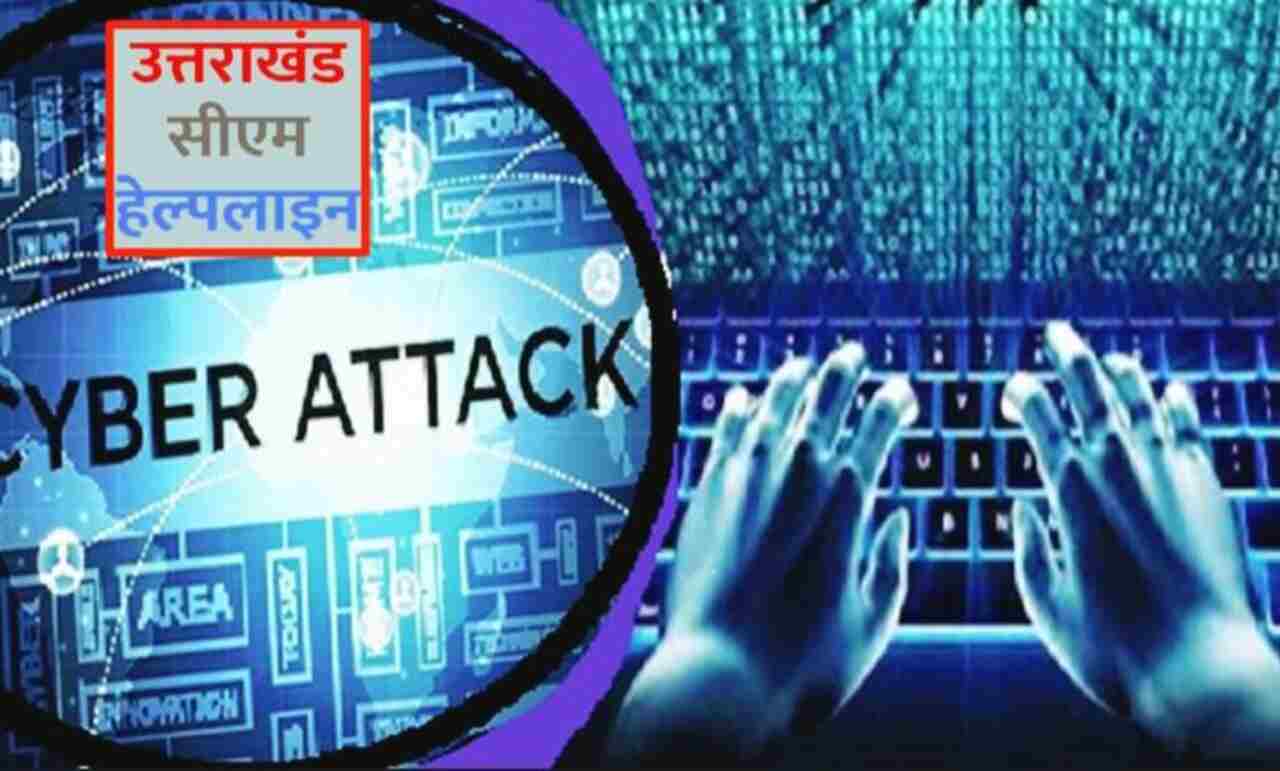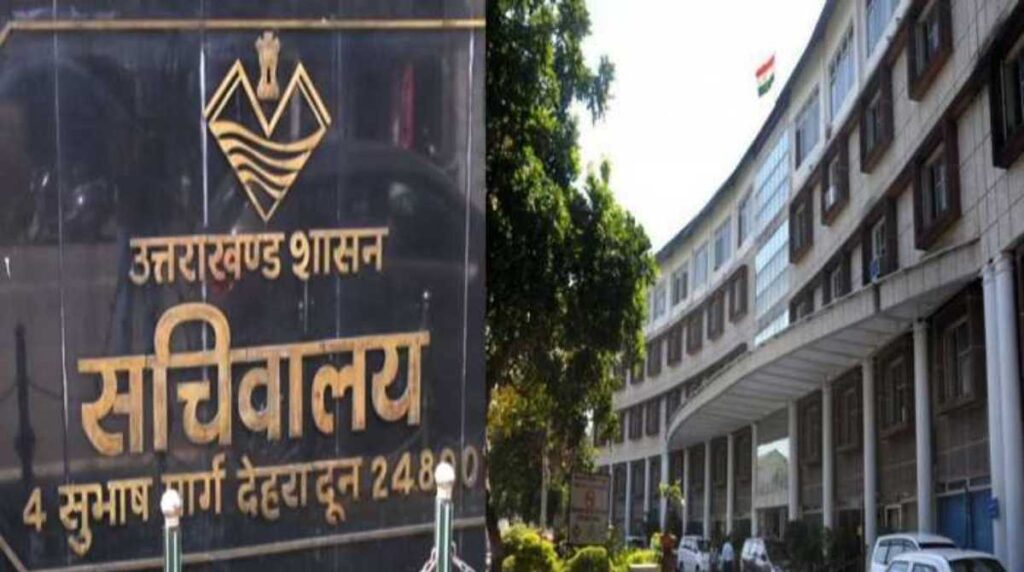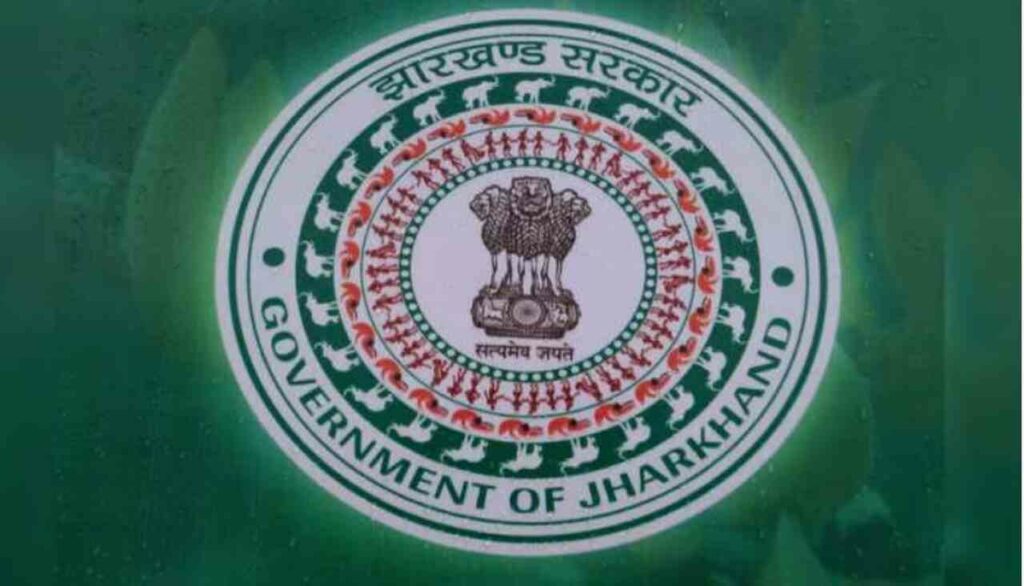Dehradun: There was an attack in Uttarakhand with Makop ransomware. Experts have identified it. This ransomware was identified for the first time in the world of cyber crime in 2020. Earlier, ransomware attacks have taken place at many places in the country including Air India, Indigo Airlines, AIIMS Delhi.
Till date, the senders of this ransomware have not been identified. After entering the system, it encrypts the entire file i.e. puts a lock on it. Along with this, it leaves a ransom note on that system. As soon as you try to open the system, that note comes to read.
It is still impossible to recover the data that came under the grip of this ransomware. Secretary IT Nitesh Jha said, Makop ransomware has been identified. However, it is not yet known from where this cyber attack took place.
Uttarakhand’s data captured, will not be available
The cyber attacker has captured the data of Uttarakhand with the Makop ransomware. It can be recovered only if his demand is met. Fortunately, most of this data has been taken from the backup.
Makop ransomware is so dangerous
It can collect system information. It takes over the functions of Windows itself. It prohibits searching drives, folders. It captures hardware, memory. It can capture and manipulate the rights and access of the system. If you tamper with it yourself, it will destroy all the data. It will remain hidden until a special key is pressed and on pressing it, it has the ability to start monitoring the entire system again. It encrypts the files. It gains access to the folder.
Some major ransomware attacks
In March 2022, Greece’s postal system fell victim to ransomware. One of India’s largest airlines suffered a ransomware attack in May 2022, causing flight cancellations. Passengers were stranded. In May 2021, a US fuel pipeline had to shut down services to prevent personal information of thousands of its employees after a ransomware attack. The world’s largest meat supplier became the target of a ransomware attack in May 2021. After temporarily taking its website offline and stopping production, the company paid a ransom of US$11 million in bitcoin.








